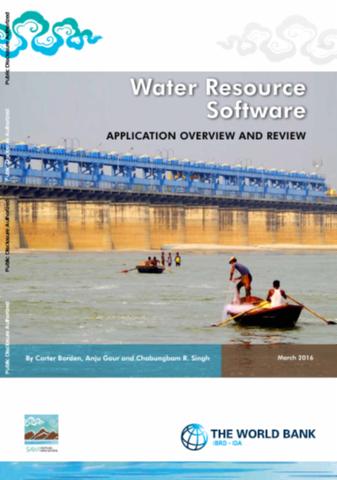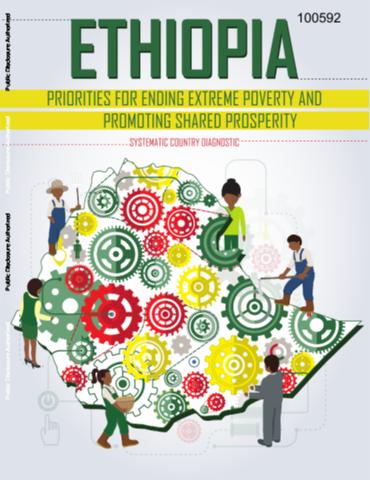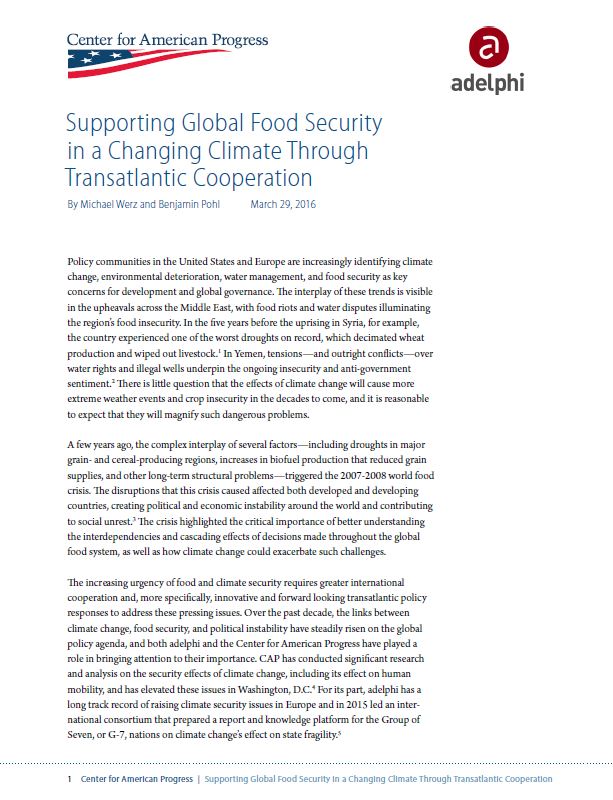Do Smallholder, Mixed Crop-Livestock Livelihoods Encourage Sustainable Agricultural Practices? A Meta-Analysis
As calls for bolstering ecosystem services from croplands have grown more insistent during the past two decades, the search for ways to foster these agriculture-sustaining services has become more urgent. In this context we examine by means of a meta-analysis the argument, proposed by Robert McC. Netting, that small-scale, mixed crop-livestock farming, a common livelihood among poor rural peoples, leads to environmentally sustainable agricultural practices.









